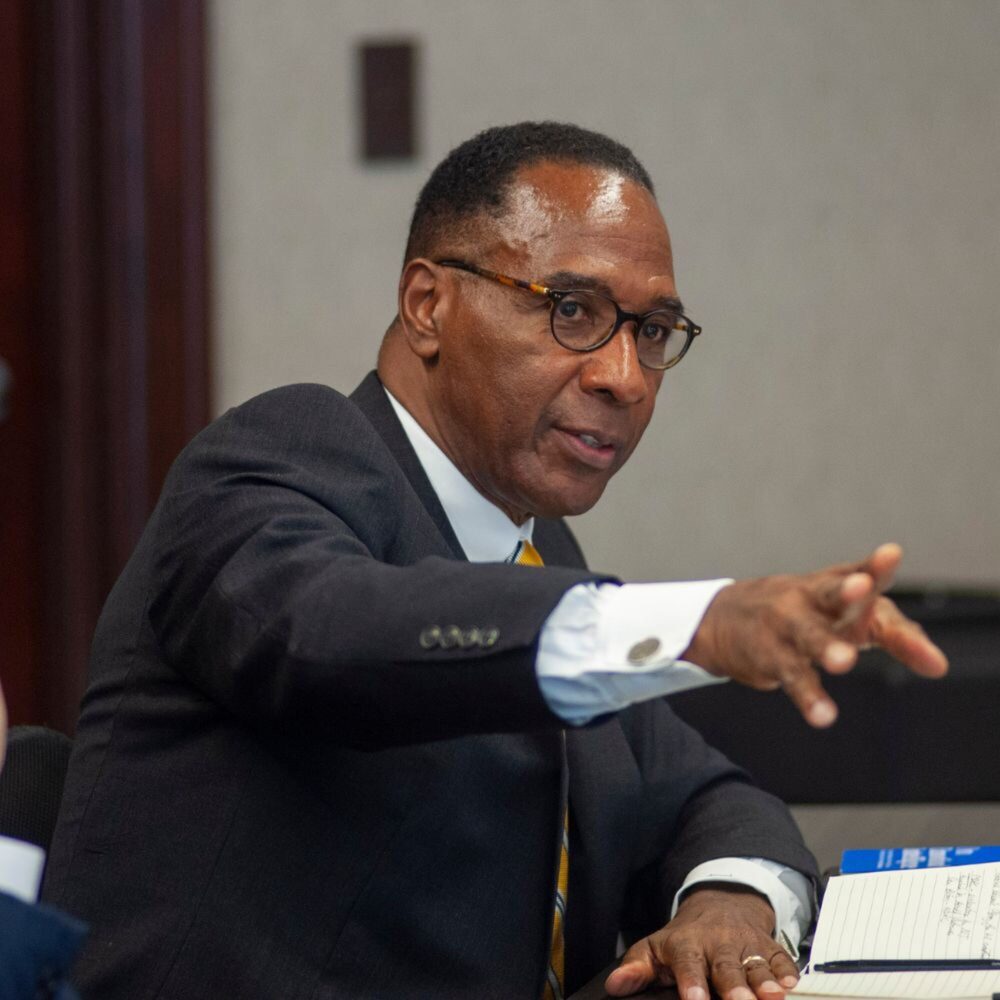Bail is the process of releasing people who have been arrested and charged with crimes. The U.S. Supreme Court is unequivocal that during the pretrial phase, release before trial must be the “norm,” and detention the “carefully limited exception.” The presumption of innocence and the right to physical liberty are foundational in the U.S. Constitution. Courts can, however, require people to meet “conditions of release.” Judges may impose conditions to reasonably assure that a person will return to court and remain law-abiding. Common conditions include pretrial supervision, location monitoring, and no-contact orders. Financial conditions of release, often called money bonds, are so commonly used in the United States that they have, wrongly, become synonymous with “bail.”

